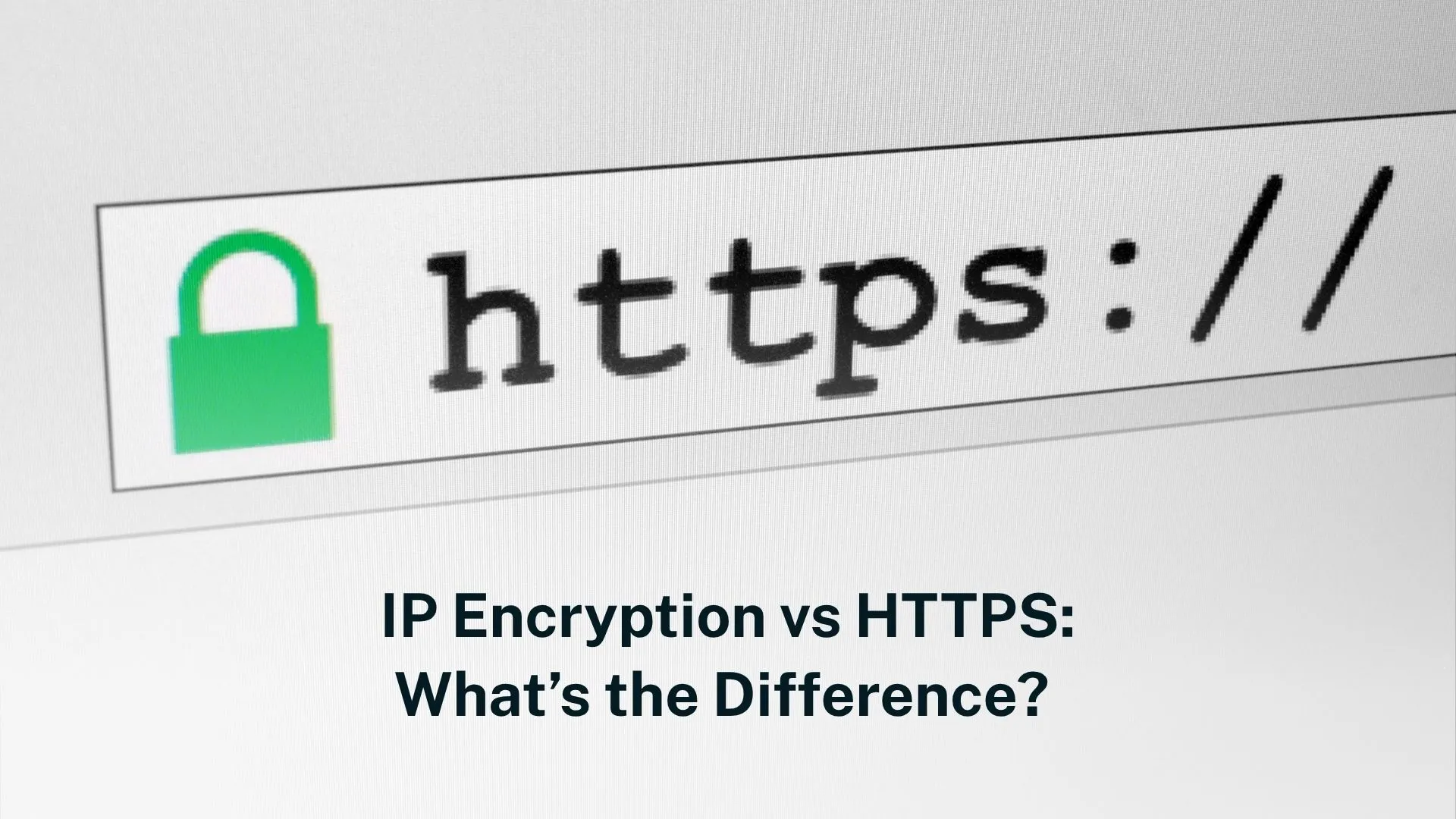Blog

Explore the complex system behind IP address allocation, its governing bodies, and the growing need for efficient global management. Table of Contents Toggle Introduction: Understanding the global IP address allocation system The role of IANAThe five RIRs How IP addresses are allocated: The process explained IPv4 exhaustion and the transition to IPv6 The impact
Go ahead

A simple guide that shows how ISPs get IP addresses and give them to users. It also looks at the steps, the problems, and the rules behind it. Table of Contents Toggle IntroductionWhat is IP address allocation? Role of IANA and regional registries How ISPs request and receive IP blocks ISP internal assignment methods DHCP
Go ahead

IP address allocation is giving unique numbers to devices on a network. IANA gives large blocks of IP addresses to regional groups. These groups give them to smaller providers or companies. Table of Contents Toggle How IP Address Allocation WorksThe Role of IANA and RIRsChallenges in Modern IP AllocationThe Future of
Go ahead

Table of Contents Toggle Introduction to IP delegation The Fundamentals of IP DelegationWhy IP delegation matters in modern networking The role of Regional Internet RegistriesIP delegation and IPv6 adoption Practices for IP delegation in organisations Challenges in IP delegation IP delegation and network automation The Future of IP Delegation Trusted IPv4 Leasing for Business GrowthFAQsRelated Blogs By
Go ahead
Categories : Blog, Uncategorized-EN
Posted by Stephanie

Table of Contents Toggle Future directions Trusted IPv4 Leasing for Business GrowthFAQsRelated BlogsFuture directions Trusted IPv4 Leasing for Business GrowthFAQsRelated BlogsWhen might you use both? Future directions Trusted IPv4 Leasing for Business GrowthFAQsRelated BlogsTrusted IPv4 Leasing for Business GrowthFAQsRelated BlogsIntroductionWhat is IP encryption? An overview of IPsec What is HTTPS? Network-wide vs web-onlyDeployment and complexity Performance considerationsSecurity
Go ahead
Categories : Blog, Uncategorized-EN
Posted by Stephanie
